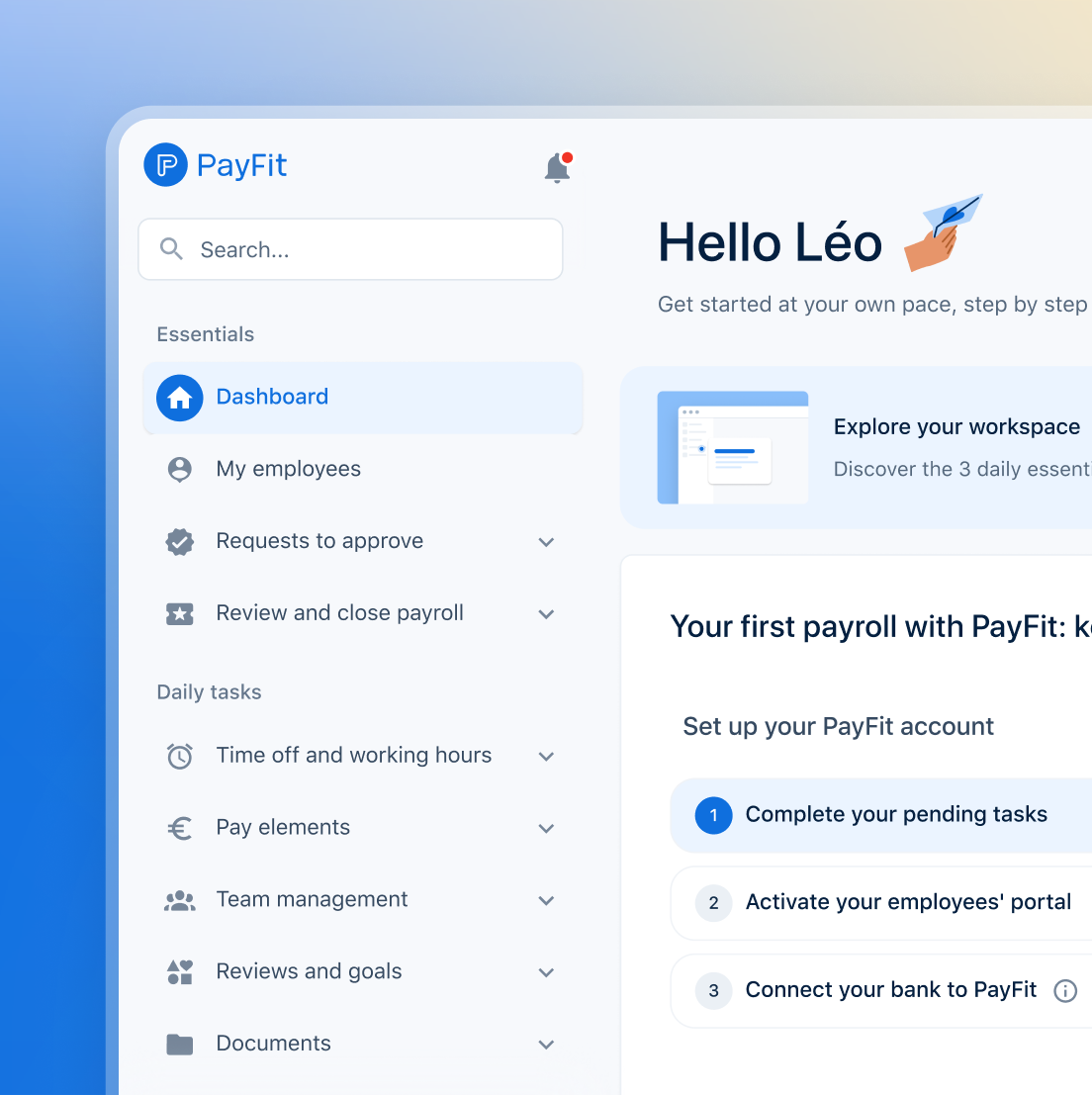✨ Health insurance, now in PayFit - learn more
💷 All the rates & thresholds you need to know for 25/26...right here
✨ The Payroll Journey: Start, Scale & Succeed Globally - learn more
✨ Health insurance, now in PayFit - learn more
💷 All the rates & thresholds you need to know for 25/26...right here
✨ The Payroll Journey: Start, Scale & Succeed Globally - learn more

Both the Pandemic and Cost of Living Crisis have made us all more acutely aware of the value of our money.
Against this backdrop, pensions, in particular, have experienced renewed interest from employers and employees alike. For many UK workers, a pension is still the best way to achieve financial security and stability later in life. In other terms, it forms an integral part of any compensation and benefits package.
But it’s been a while since we’ve seen some real pension reform here in the UK. That is until the Pensions (Extension of Automatic Enrolment) bill received Royal Assent this past month.
While these changes won’t take effect until at least the next tax year (or longer), it’s crucial that employers get up to speed with these, particularly as this will impact the amount they will need to contribute for each employee.
Here’s a quick overview of what the new bill includes.
Introduced in the House of Commons by Jonathan Gullis MP and moved through the House of Lords by Baroness Altmann, this new pension bill will see the age for automatic enrolment of eligible workers lowered from 22 to 18. The lower level limit for qualified earnings will also be removed, meaning contributions will be paid from the first £1 earned, where the scheme uses qualifying earnings (which is most pension schemes).
In combination with the Mansion House Reforms announced in July by Jeremy Hunt, Chancellor of the Exchequer, these changes could see the pension pots of average earners increase by up to 50% over the course of an entire working career. Those on minimum wage could see a rise of up to 85%.
The government’s goal is clear - to empower more of the workforce to save up for retirement and invest in their future financial stability. It will mean that millions more workers across the country are able to save more and earlier, so there’s greater old age security.
Given that contributions will be based on the first pound of earnings instead of on the band above £6,240, employees will be paying an additional £312 a year into their pots based on their 5% contribution. With tax relief, however, this works out to be just over £20 a month more. Add in the employer’s contributions, and this will be boosted to £499 a year.
In addition to this, workers will be saving younger. In fact, the Payroll Centre estimates that by lowering the auto-enrolment age, younger workers will have over £20,000 more in their pension pots once they reach the statutory pension age. Of course, it’s worth taking into account that the retirement age will be at least 68 by the time these workers retire.
Employers, on the other hand, could end up paying an additional £187.20 per employee in support of these changes. That is, based on the minimum contribution rate. If they pay a higher contribution rate, then this payment increases significantly. And these costs go up if their workforce is primarily young, given that the pension age threshold age will be lowered.
As soon as the changes are implemented, the Department for Work and Pensions plans to consult with employers to discuss the effects of these measures and their timing.
Payroll audit guide & checklist
Once a bill has received Royal Assent, it normally takes around a year for that legislation and its regulations to be put into place. In other words, the changes aren’t likely to be set in motion quickly and it will be a little while before employers need to worry about adjusting contributions, etc.
In fact, it’s believed these new changes won’t be implemented, perhaps not until the 2025/26 tax year and will be rolled out on a phased basis. That way, both employers and employees have time to adjust to the increased contributions.
While these changes currently apply to Great Britain (GB), Northern Ireland is also considering similar changes.
Alongside increasing contributions, there are gender, elderly and ethnic pension gaps to address. These would require much fuller measures, including those that would take into account that not all employees work on a standard full-time basis -some work part-time, on a contract basis or are taking a career break.
As we just covered, the Pensions (Extension of Automatic Enrolment) Bill has received Royal Assent and will, therefore, become law over the next tax year. It means employees will be able to start contributing to their pension pot much earlier and benefit from an increase in the amount they contribute. But employers will also need to contribute more as part of this scheme.


Learn what the Carer’s Leave Act means in 2026: carers’ rights, how leave works, notice rules, postponement, and policy steps for employers.

Is paternity leave 14 working days in the UK in 2026? Learn how long paternity leave lasts, who is eligible, how pay works and what notice is required.

Learn what Labour’s 4-day week plans mean in 2026, plus your options now: flexible working, compressed hours, contracts, and HR actions.

What is the Alabaster ruling? Learn how pay rises during maternity leave affect Statutory Maternity Pay (SMP) and how to calculate arrears correctly.

A guide for employers on the Neonatal Care Act, in force since April 2025. Learn about leave entitlement, pay eligibility, notice periods & the two-tier system.

A new flexible working law came into effect in 2024. Employees have more say over how & when they work. Understand what it means for you as an employer.

See what's new in PayFit
New features to save you time and give you back control. Watch now to see what's possible